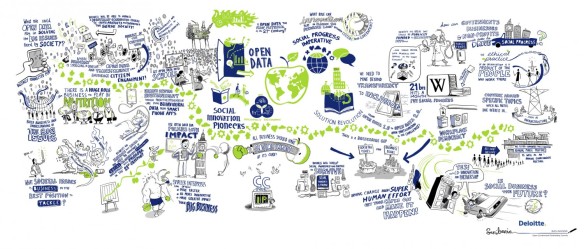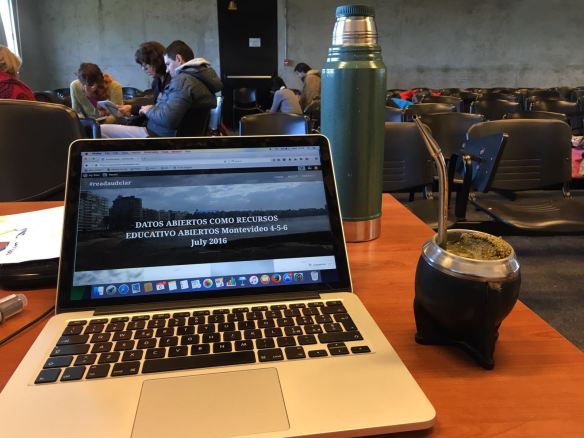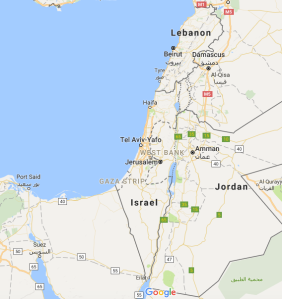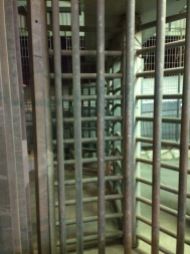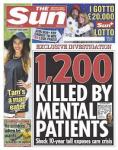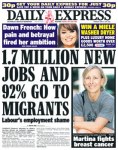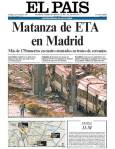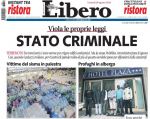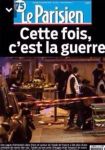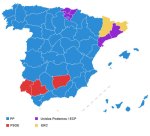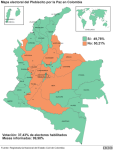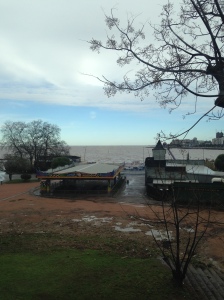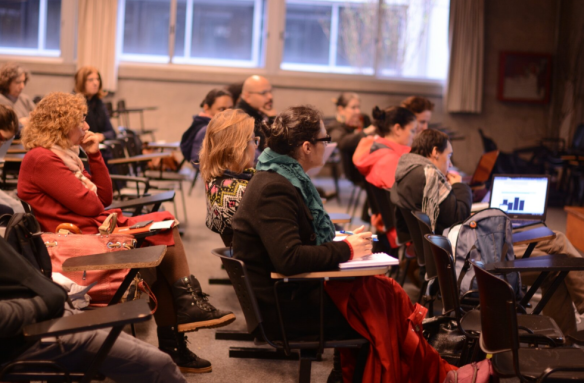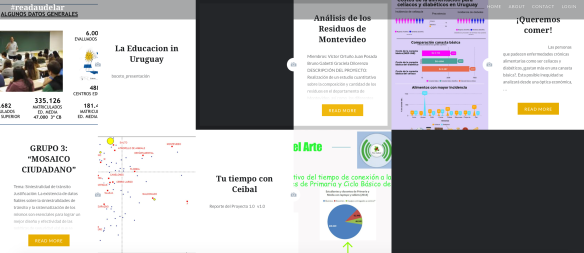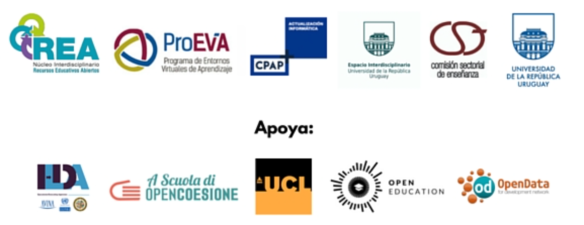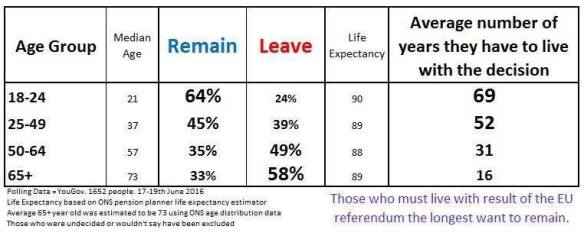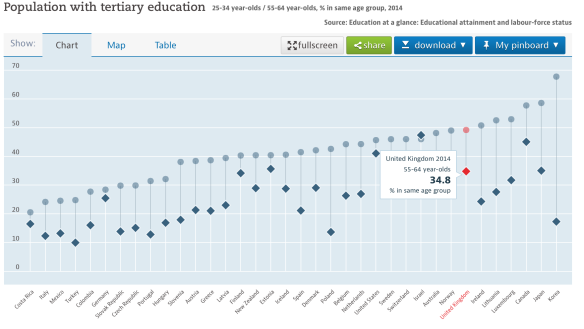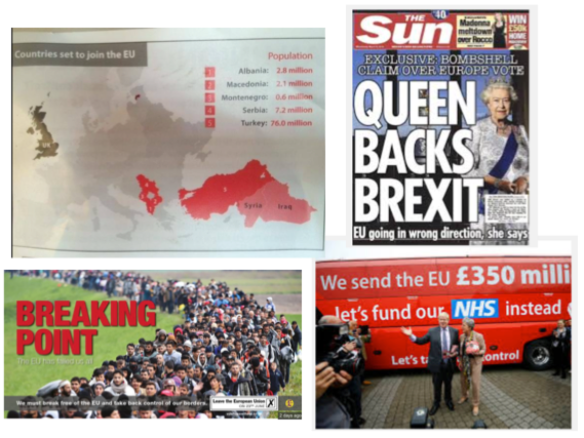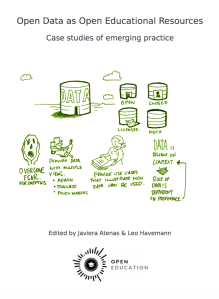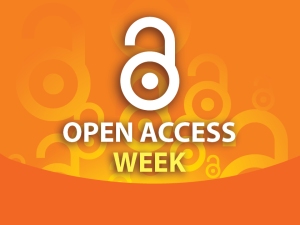Actualmente, y como acertadamente lo define Ozga (2016) estamos gobernados por números, los cuales miden diferentes aspectos de nuestras de vidas, nos comparan y nos asignan en categorías, definiendo nuestro valor, nuestra efectividad y, en una miríada de formas, trabajan para informar o construir lo que somos hoy, reduciéndonos a sujetos-datos. En estos días se habla mucho en educación sobre algunos términos, como rendimiento y desempeño escolar, datos sobre las escuelas, estudiantes y docentes, brechas sociales y de aprendizaje, (des)igualdad, discriminación, y algoritmos, y sobretodo, la tendencia a reducir las actividades de aprendizaje y enseñanza a datos.
Según Williamson (2016), la educación parece estar gobernada por datos, y por ende, es necesario cuestionar y examinar críticamente, los métodos y enfoques utilizados por los algoritmos y los científicos de datos, ya que sus afirmaciones e informes pueden tener un impacto en el desarrollo de políticas, poniendo en riesgo a grupos vulnerables de la población.
Las analíticas de aprendizaje (AA), son según Siemens (2013) “la medición, recopilación, análisis e informe de datos sobre los estudiantes y sus contextos, con el fin de comprender y optimizar el aprendizaje y los entornos en los que se produce”. Y he aquí una palabra clave, contexto, el cual se puede entender como la situación y background socioeconómico de una persona, por esto es que hay un tema ético que no deja de darme vueltas en la cabeza: El qué se espera obtener a través de la medición del rendimiento escolar, y del análisis de la información (en forma de datos) que proveen los estudiantes y los docentes no solo a sus instituciones sino que a los gobiernos,y, muchas veces, a las corporaciones privadas que se encargan del análisis de estos datos a través de algoritmos.
Los algoritmos (conocidos también como armas de destrucción matemáticas – O’Neill, 2016) son utilizados para recopilar y analizar datos, y estos, pueden alterar las actividades sociales, políticas, económicas, y culturales, y por supuesto, la educación, ya que , según Williamson (2016), los indicadores bajo los cuales gobiernan y evalúan las escuelas son codificados en dispositivos producidos por agencias comerciales las cuales, mediante procesos algorítmicos de medición, categorizan y clasifican la enseñanza y el aprendizaje, otorgando el juicio profesional a instrumentos de vigilancia codificados.
De acuerdo con Alevizou (2017) la actual tendencia a la dataficación de la educación permea naturaleza misma del aprendizaje a través de medios digitales, ya que estos proveen información (datos) que pueden “predecir” el éxito y fracaso escolar” mediante analíticas de aprendizaje (AA).
Las AA conllevan problemas éticos y morales, ya que, según Willis (2014) las actuales iniciativas de para monitorear estudiantes (y docentes) pueden tener consecuencias imprevistas, porque no tenemos claro aún como las corporaciones que analizan estos datos pueden usar estos en el futuro, ya que el mal uso de los datos educativos, puede ensanchar los prejuicios y estigmatizar a las personas.
Un ejemplo de esto, es el como se describe a las escuelas, ergo, a sus estudiantes, si las escuelas son clasificadas como insuficientes, inadecuadas, mediocres, buenas o excelentes, así serán clasificados sus estudiantes (y los docentes), ya que si la calidad de la educación se reduce a estos criterios, y esta información es retratada en plataformas de acceso público, estos criterios pueden fácilmente ser usados indebidamente por compañías que se alimentan de algoritmos,como aseguradoras, empresas, agencias de empleo y selección de personal, universidades, proveedores de salir, estigmatizando a los estudiantes de escuelas calificadas como insuficientes o inadecuadas, ya que es muy probable que estos provengan de zonas de escasos recursos, alto desempleo y poca inversión del estado, perpetuando el círculo de la pobreza y marginación.
Actualmente, dentro de los parámetros en los cuáles actúan las AA, aquellos estudiantes provenientes de escuelas insuficientes o inadecuadas que logren acceder a la educación superior, serán considerados objetos de estudio, datos a estudiar, ya que las AA, en la educación universitaria tienen targets, estudiar a quienes tengan más probabilidades de desertar o de fracasar académicamente. Estos datos, en conjunto con datos perimetrales, como asistencia a clase, resultados académicos y uso de dispositivos de aprendizaje (campus virtuales, redes sociales, y dispositivos conectados a la red de la universidad) analizados a través de algoritmos (por corporaciones que estudian big data) crean un perfil digital de las personas, el cual, puede ser utilizado por terceros sin el consentimiento de las personas para entregar información a otras compañías, empresas y corporaciones.
Los datos sobre los estudiantes, pueden ser obtenidos desde diversas fuentes, por ejemplo, Piattoeva (2015) analiza los efectos de la digitalización, la cientificación y la datafición de la política educativa en el contexto específico de la Federación Rusa. En particular, la videovigilancia durante los exámenes públicos, obligando a escuelas y examinadores individuales a convertirse en dóciles productores de datos, argumentando, que la tecnología de vigilancia y ciberseguridad en las instituciones educativas, reproduce la desconfianza y genera líneas de ensamblaje de datos, para lograr la objetividad.
Para Decuypere, Ceulemens, and Simons (2014), en el contextos universitarios, la tecnologización de los espacios enseñanza pueden dataficar las practicas académicas, poniendo en peligro la libertad de cátedra y convirtiendo interacciones humanas y de intercambio de conocimientos en elementos a cuantificar mediante algoritmos. Según Alevizou (2017) a medida que las tendencias de la tecnología y los discursos competitivos describen el pasaje de la sociedad de la información a la sociedad datificada, con una obsesión por los “me gusta”, las clasificaciones y las métricas, la pos-verdad y la desconfianza hacia la experiencia cada vez más prominente, los medios, los algoritmos y las estrategias educativas se vuelven más complejos que nunca.
Si pensamos que todos estos ejes convergen en el diseño de políticas educativas, ya que los datos educativos [evidencia] se utilizan para desarrollar políticas, por lo que debemos considerarles instrumentales y operativos, poniendo especial atención al marco ético en el cual operan sus componentes técnicos y sociales, incluidas las AA, ya que los estudios que se publiquen utilizando esta información, pueden configurar la percepción social que se tiene de la educación, instrumentalizando política y mediaticamente los resultados obtenidos a través del análisis algorítmico de estos datos.
Por ende, es nuestro deber cuestionar no solo el porque de la necesidad de recolectar datos de estudiantes y el cruce de estos datos con otros de índole social, y su efecto en las políticas educativos, sino que también el marco ético en el cual estos datos son recolectados y analizados, entregando a los estudiantes las herramientas para comprender como se les está quantificando (y dataficando), para no ser objetos de estudio pasivos sino sujetos activos capaces controlar la información que producen y cuestionar los métodos a través de los cuales se les estudia, para evitar que su desempeño académico y sus historial socioeconómico tenga un impacto nocivo en su futuro como ciudadanía y como individuos.
—
Referencias
Alevizou, G. (2017). From mediation to datafication: theorizing evolving trends in media, technology and learning. http://oro.open.ac.uk/51564/1/eBOOK-TICPE-2017-ALEVIZOU-EN%20%281%29.pdf
Decuypere, M., Ceulemens, C and M. Simons (2014). Schools in the Making: Mapping Digital Spaces of Evidence. Journal ofEducation Policy 29 (5): 617–639. https://doi.org/10.1080/02680939.2013.865081
Ozga, J. (2016). Trust in numbers? Digital education governance and the inspection process. European educational research journal, 15(1), 69-81. https://doi.org/10.1177/1474904115616629
Piattoeva, N. (2015) Elastic numbers: National examinations data as a technology of government. Journal of Education Policy 30(3): 316–334. http://dx.doi.org/10.1080/02680939.2014.937830.
Siemens, G. (2013). Learning Analytics: The Emergence of a Discipline. American Behavioral Scientist, 57 (10): 1380–1400. https://doi.org/10.1177/0002764213498851
Williamson, B. (2016). Digital education governance: An introduction. European Educational Research Journal, 15(1), 3–13. http://doi.org/10.1177/1474904115616630
Willis, J. E. (2014). Learning Analytics and Ethics : A Framework beyond Utilitarianism. Educause Review Online, (July/August), 1–7. Retrieved from http://www.educause.edu/ero/article/learning-analytics-and-ethics-framework-beyond-utilitarianism

